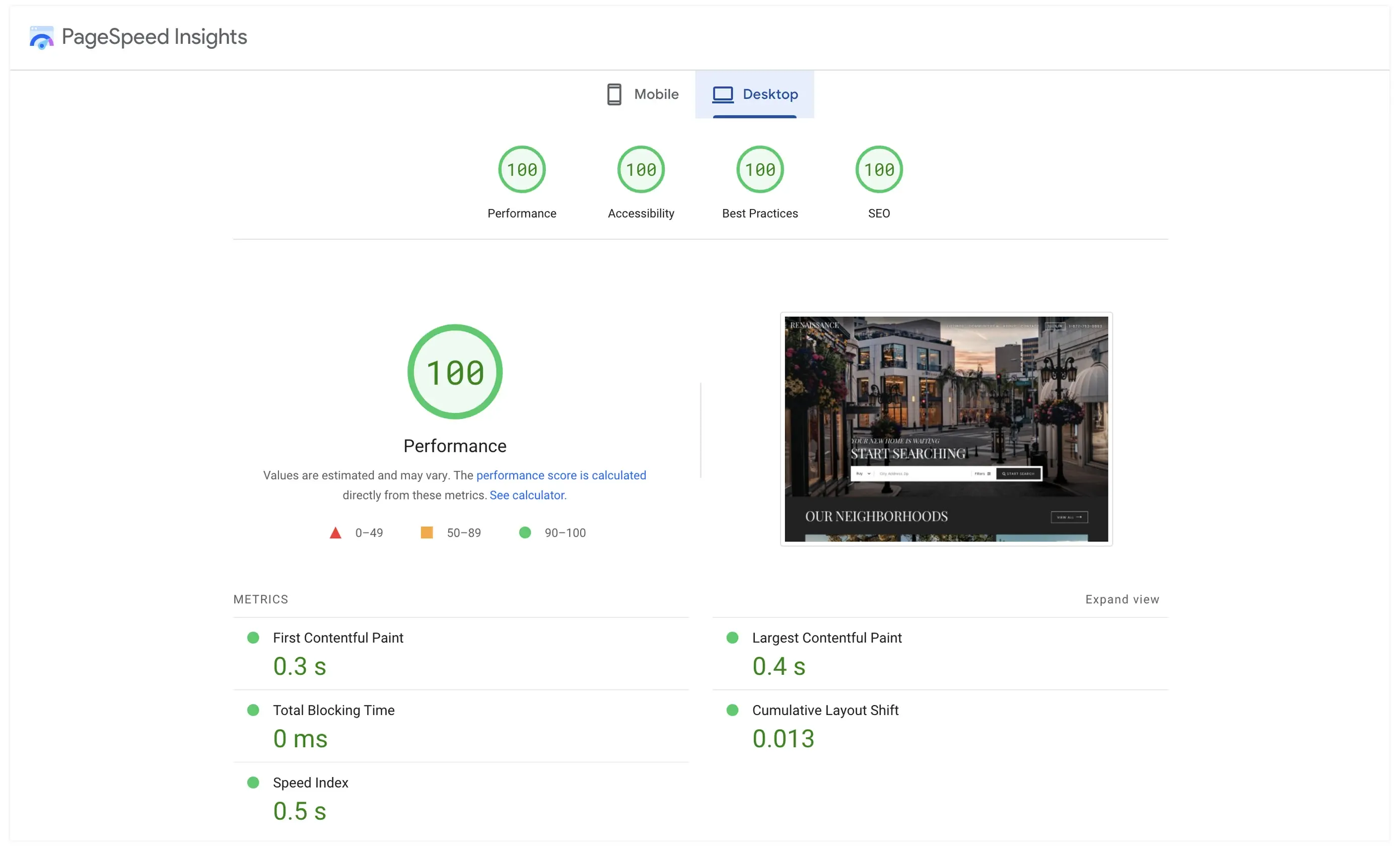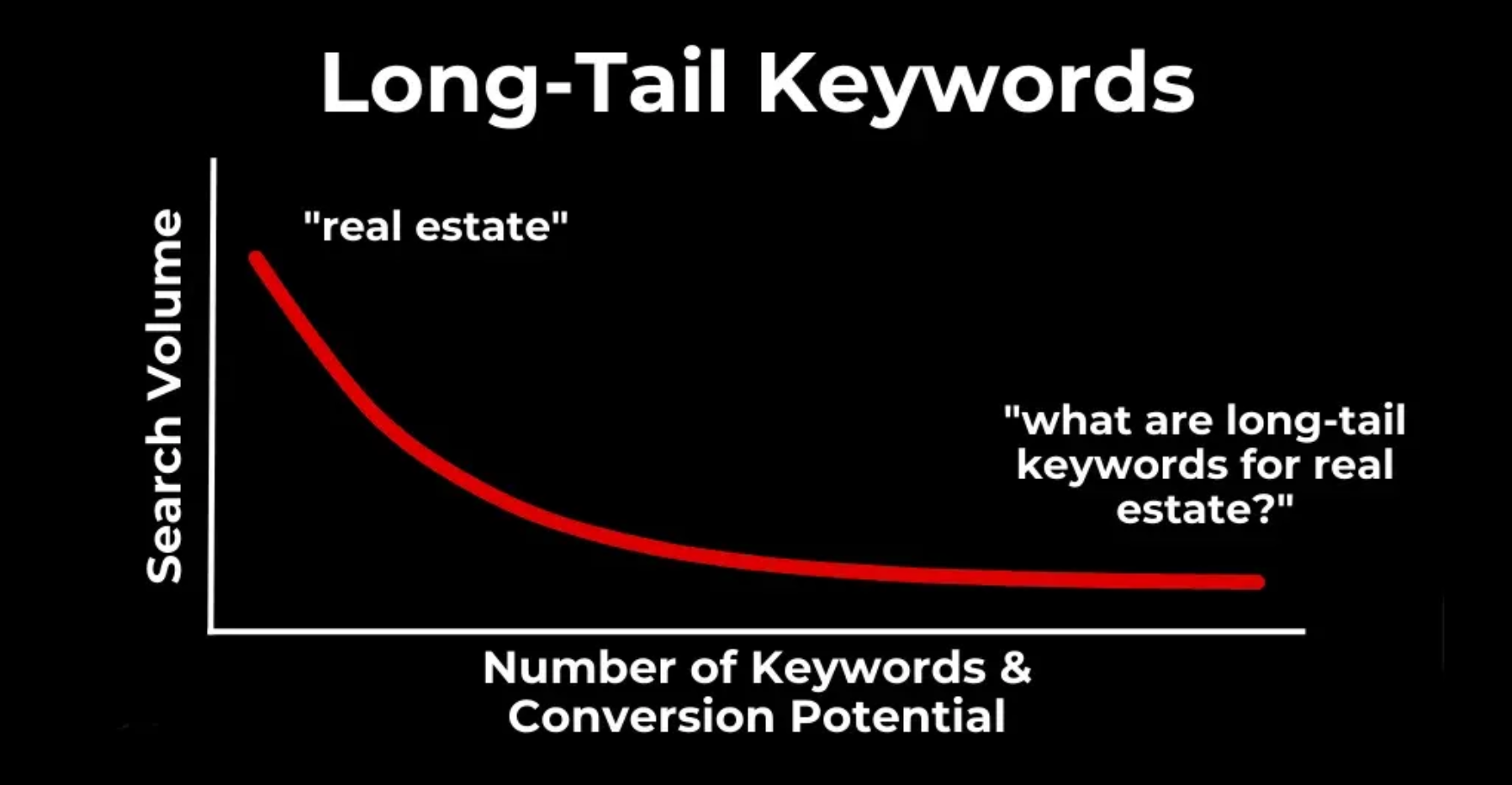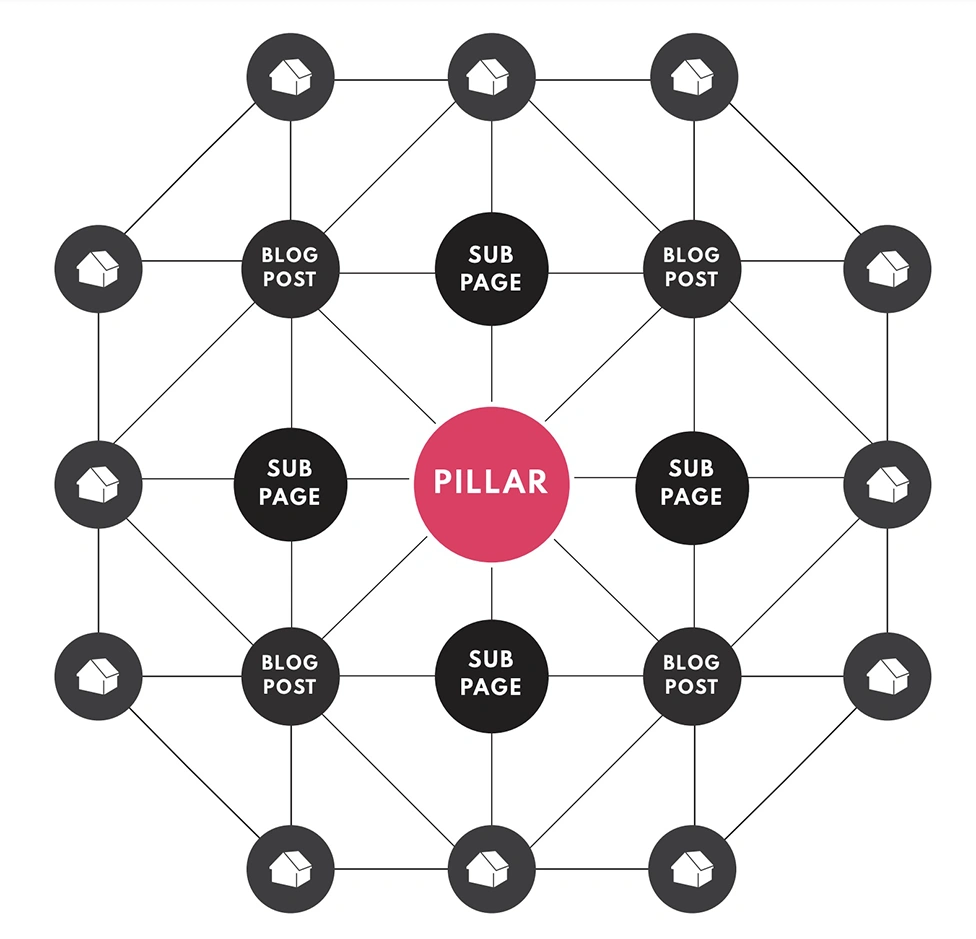You are viewing our site as an Agent, Switch Your View:
Agent | Broker Reset Filters to Default Back to ListKey On-Page SEO Optimization for Realtors
October 05 2023
Thank you to Real Estate Webmasters for sponsoring this article on RE Technology:
In today's digital world, buyers are switching online to find their dream home. Refining your Search Engine Optimization (SEO) strategy is becoming even more crucial to put your property listings on the spotlight.
On-Page SEO Fundamentals
The components of on-page SEO include your website's content, keywords, meta descriptions, images, links, page speed, and URL structure. Imagine it as staging a property, and you want to refine each element to ensure that you attract potential buyers.
With on-page SEO optimization, remember that content is king. Publishing high-quality, relevant content is essential to rank high on other search engines. Google aims to connect users with websites that will best match their queries, so irrelevant and poor content will only negatively affect your SEO score. Don't forget that page speed is also an important factor, which Real Estate Webmasters' Renaissance platform is known for.

Real Estate Webmasters' PageSpeed results show full 100 scores.
Keywords Meta
Keywords are the words or phrases that most users are using on their search. Strategically placing them on headers, titles, and meta description is key so search engines can gauge the relevance of your content. Consider user intent when choosing your keywords and use long-tail keywords (long phrases) like "ocean view houses in Nanaimo, BC" to attract a specific audience. Additionally, you can utilize Google's Keyword Planner, or Ahref's Keyword Explorer to choose the best keywords for your campaign.

Long-tail keywords' performance on search engines.
Meta Tags
The title tag and meta descriptions are the two most significant meta tags you should focus on. The title tag, or more known as the headline, should ideally be under 60 characters. Meta descriptions, on the other hand, provide a quick overview of what your page is about. It is better to keep it under 160 characters and to include a call-to-action (CTA).
Image Optimization
Image optimization in SEO is not just about the visual appeal, but about ensuring that search engines can understand your image easily. This entails load speed, and using descriptive file names and alt texts on your images. Furthermore, it is important to compress images, use relevant file formats and responsive images to get high points in this aspect.
URL Structure
Aim to have clear and descriptive URLs so that visitors and search engines will not have difficulties figuring out the content of your page. Here are some pro tips– keep your URL short and memorable, avoid special characters, and use lowercase. Don't forget to also include important keywords!
Internal Linking
Internal linking helps guide your visitors to different pages of your website. For example, a blog post about your services can link out to one specific offering or service. To take full advantage of internal linking, remember to use descriptive anchor texts, link to deep pages, and not to overdo it. Stuffing your page with links can be off-putting.

How Real Estate Webmasters' SEO Pillar Structure supports internal linking.
Conclusion
Now that you know the basics of on-page SEO, try optimizing your website and see how it will improve your online visibility. Alternatively, you can reach out to Real Estate Webmasters for expert assistance with your SEO, PPC, and custom website needs.
This is a condensed version of a blog that was initially posted on Real Estate Webmasters' website.









